The high-profile treason trial of former Democratic Republic of Congo (DRC) President Joseph Kabila has officially commenced in a military court in the capital city of Kinshasa, marking a significant turning point in the country’s political and judicial history. Kabila, who served as president for 18 years following the assassination of his father, Laurent Kabila, in 2001, now faces a string of serious charges, including treason, murder, participation in an insurrectionist movement, and the forcible occupation of Goma by rebel forces.
Kabila, 53, was notably absent at the trial’s opening session. He has vehemently denied all charges, dismissing the case as politically motivated and describing the proceedings as “arbitrary,” accusing the judiciary of being used as an “instrument of oppression.” The charges stem from his alleged support for the M23 rebel group, which currently controls large swathes of mineral-rich eastern DR Congo. His successor, President Félix Tshisekedi, has directly accused Kabila of being the mastermind behind the rebel movement.
The M23 rebellion, rooted in long-standing ethnic and political tensions, continues to destabilize eastern DR Congo despite a ceasefire agreement reached just last week. Fighting has persisted, raising doubts about the durability of peace. In May, Kabila returned to the country after two years in self-imposed exile in South Africa, arriving in the M23-held city of Goma an action that further intensified scrutiny and political speculation. That same month, the DRC Senate lifted Kabila’s constitutional immunity as a senator for life, clearing the way for his prosecution on multiple charges.
The case is unfolding in a broader regional context, with the United Nations and several Western countries accusing neighboring Rwanda of supporting the M23 rebels and allegedly deploying thousands of troops into Congolese territory. Kigali has consistently denied the accusations, stating its military actions are preventive measures aimed at stopping the conflict from spilling into Rwanda.
Kabila’s trial has further polarized the Congolese political landscape. Ferdinand Kambere, a loyalist and former official in Kabila’s now-dissolved PPRD party, accused the government of double standards. He argued that while the administration was lenient in negotiating peace with rebels, it was harsh in its approach toward the former president. Kambere suggested the trial is a politically motivated effort to sideline Kabila and eliminate him from national politics ahead of future elections.
The trial also comes after a controversial video surfaced in May, later deleted in which Kabila accused the current government of authoritarianism and a decline in democratic governance. In response, government spokesperson Patrick Muyaya dismissed Kabila’s claims, asserting the former president had “nothing to offer the country.”
As the trial continues, it underscores rising political tension in the DRC and has drawn global attention due to its implications for democracy, rule of law, and peace in a region already destabilized by conflict. The outcome of the case could reshape Congo’s political future and influence the fragile security situation in the east, where violence, foreign interference, and humanitarian crises persist.


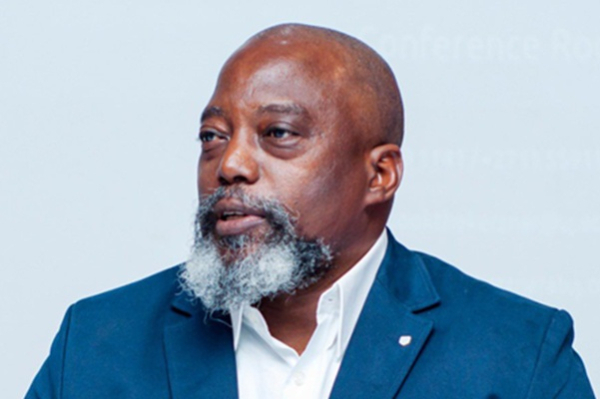


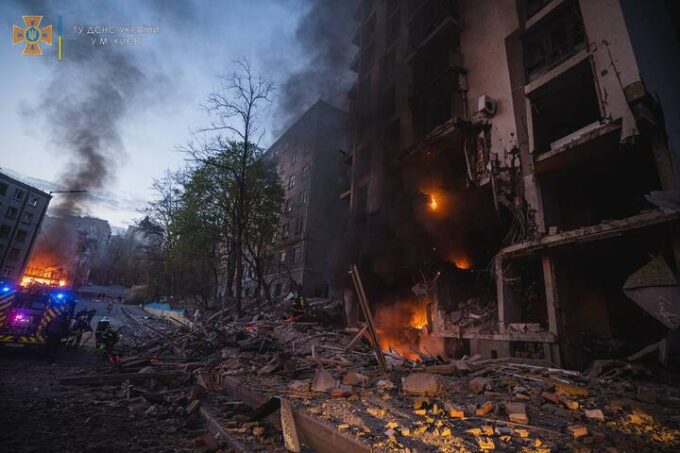

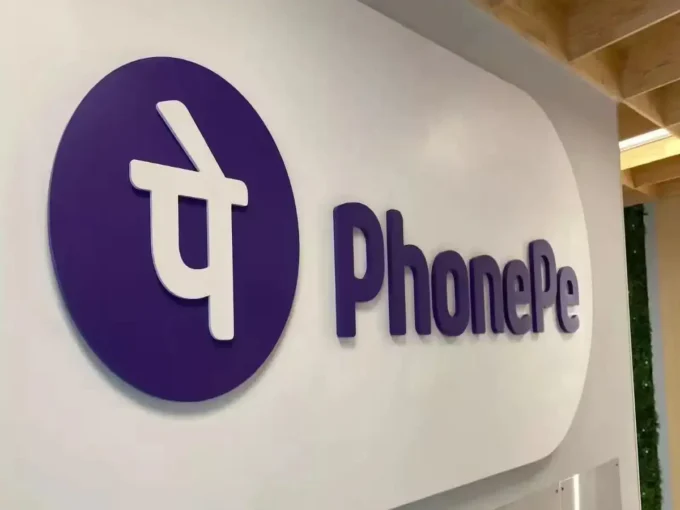



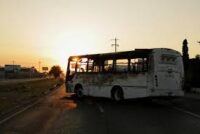

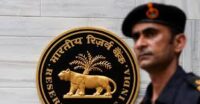
Leave a comment